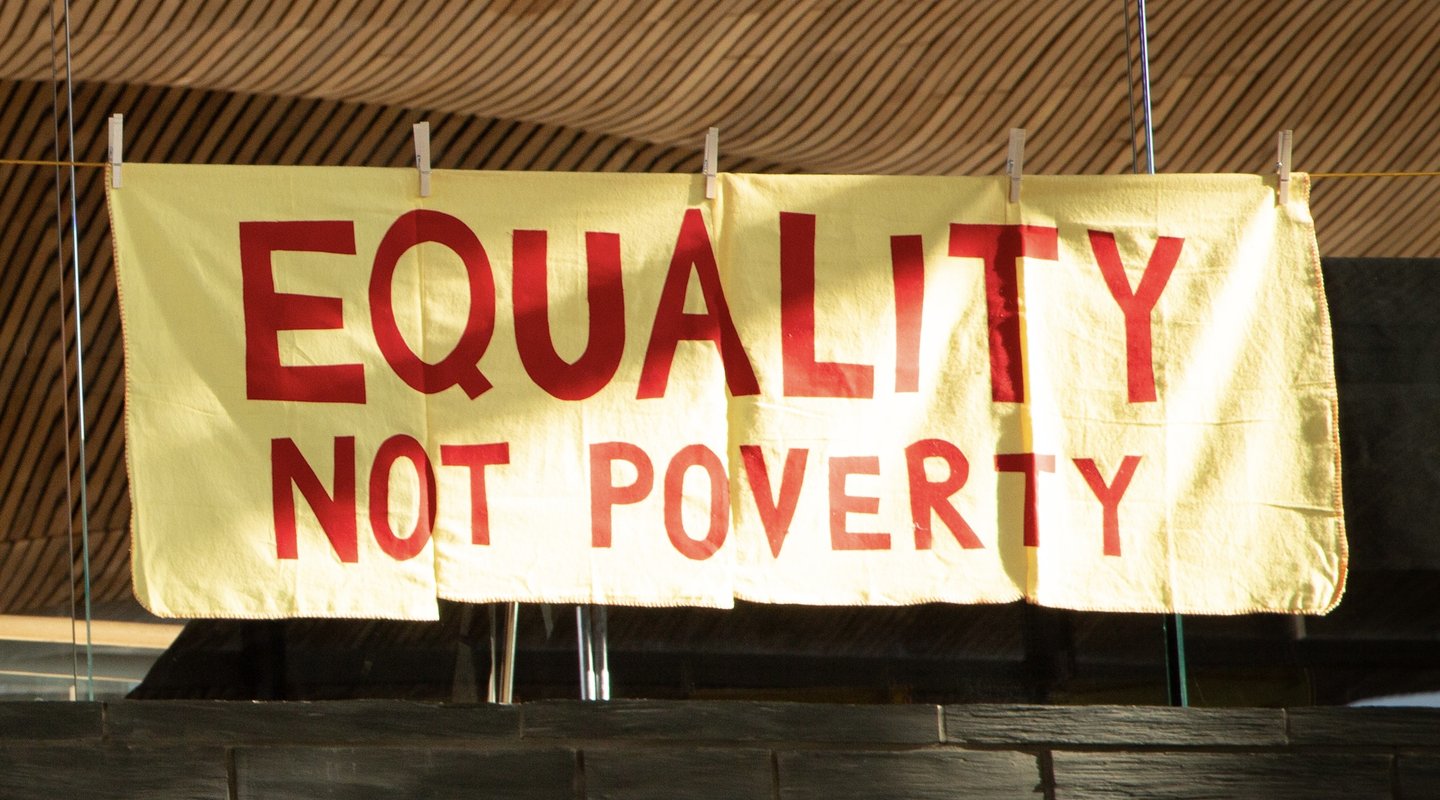Cost of living crisis
Families across the UK are struggling with rising prices. While not all powers to address this are devolved, the governments in Scotland and Wales have a range of tools to support households, including social security payments in Scotland, provision of funded childcare places, support for frontline third sector services, and initiatives promoting fair work in both devolved nations.
Child Poverty
Child poverty remains a major challenge: 31% of children in Wales and 22% of children in Scotland live in poverty. The Scottish Government’s Scottish Child Payment, has helped reduce poverty rates in Scotland compared to in the rest of the UK. In Wales, a new Child Poverty Strategy (2024) sets out a framework to tackle the issue, but progress is limited as social security and tax powers remain largely reserved to Westminster.
Health and social care
The NHS and social care services are devolved. Decisions in Edinburgh and Cardiff directly therefore affect waiting times, funding, and access to care.
Housing and homelessness
Devolved governments control housing policy. Affordable housing and tackling homelessness are major priorities.
Climate action
The governments in Scotland and Wales both set climate strategies, and Scotland has a legally binding target to be carbon neutral by 2045, five years earlier than the UK. Wales' legally binding target is to reach net zero greenhouse gas emissions by 2050. Key areas include decisions on transport, agriculture, just transition to green energy, and the level of investment to make homes more energy efficient and to switch to clean sources of energy.
Economic inequality
In both nations, systemic poverty has deep roots in the unjust transition from extractive industrialisation, such as the closure of coal mines in Wales, which left many communities without adequate investment or alternative employment opportunities. By using devolved powers to make the tax system fairer, and planning a just transition, more money could be invested in the services and support relied on by all of us, but particularly those on low incomes.
